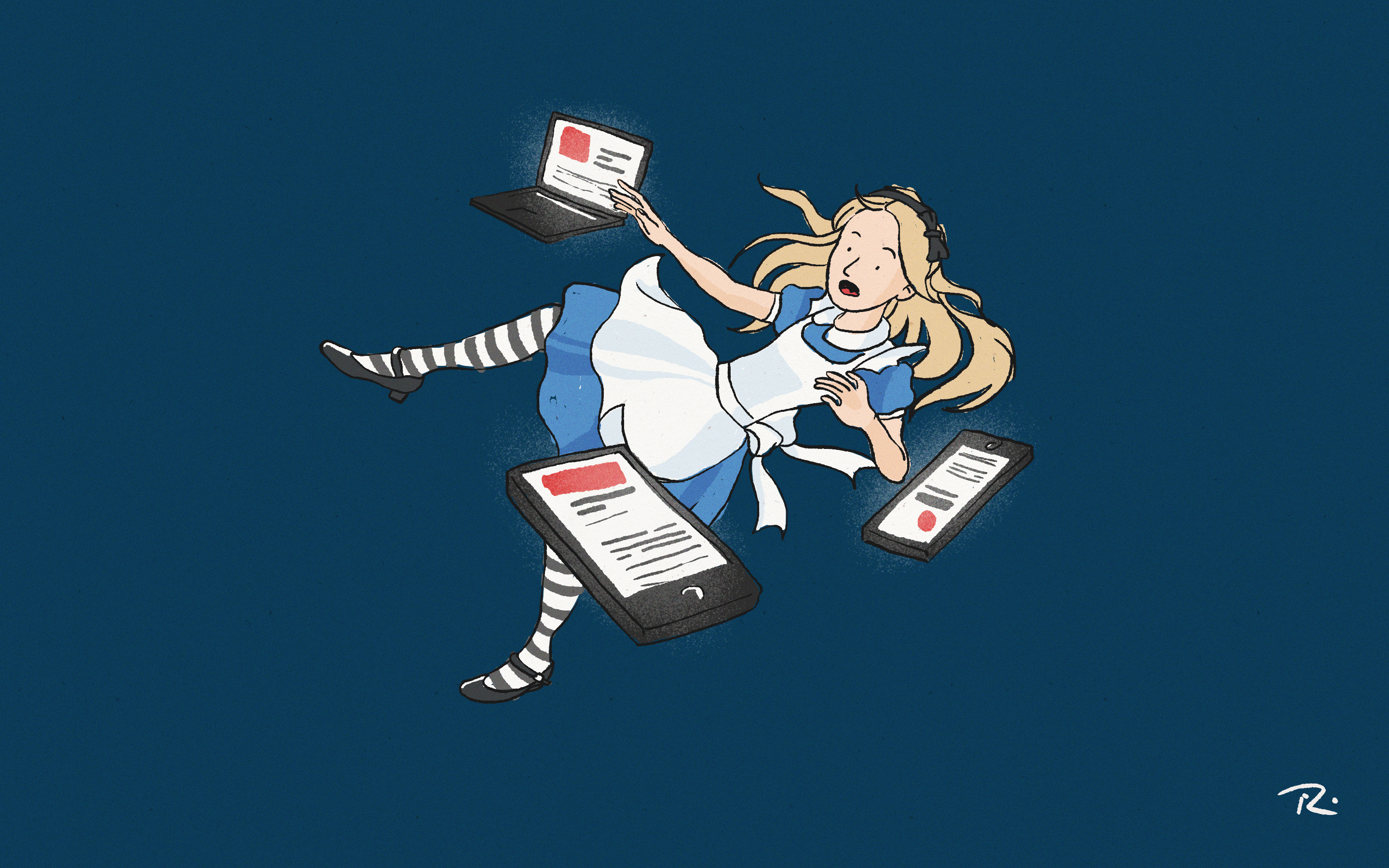I first came here for cat videos but now I can’t stop reading about conspiracy theories
The first time I heard of the Among Us game was in an article about how it had become the target of spam attacks led by pro-Trump supporters. This came a few days after Alexandria Ocasio-Cortez had set up a Twitch stream of the game as a way to incite people to vote for Joe Biden in the then-then-soon-approaching elections.
What used to be an innocent game that gained popularity among bored youngsters during quarantine ended up — yet again — as a battleground for Democrat versus Republican discord. So much for simply wanting to find your secret alien crew member.
Our southern neighbours’ recent presidential race has brought a whirlwind of political discourse in the past few weeks, and understandably so. The American elections are by far the most watched and discussed in the world. But then again, what’s new? Strong reactions to this event are expressed online every four years, does it make a difference that the results are still on everyone’s social media feeds?
As a Political Science major and self-proclaimed politics nerd, I think it’s a good thing that the internet, the most accessible and practical information-gathering tool we have right now, is bringing to people a sense of responsibility for the state of their country. I’m of the opinion that everyone should know their own point of view on political matters because everyone should be involved in how the country is run — in academic terms, this is called a democracy.
I also respect the openness about controversial topics that has sprouted in recent years. Politics are gradually becoming less of a taboo subject at Christmas family reunions — or at least, despite their prohibition, people are initiating these debates anyway.
This being said, the place we once went to to hide and not take anything too seriously has lost that magic. You can’t log onto Twitter or TikTok anymore just to watch lighthearted content and take your mind off things without running into a political feud. Every corner of the internet has been labeled with a political affiliation.
Many made fun of Ben Shapiro over the summer when he expressed discontent about sports being so politicized he didn’t even want to watch it anymore. “My place of comfort has been removed from me,” he said, raising many a mocking comment noting this as the definition for a safe space, a concept he has repeatedly antagonized in the past.
Shapiro is a controversial figure, and though I don’t necessarily ascribe to his political sentiments, I do feel the same way about having eroded what apolitical space we had. Now, I’m not certain if this is because people themselves turn even the most aleatoric content into part of a debate, or if simply more of our world is becoming political.
For instance, Shapiro talks about not wanting to read Sports Illustrated because of Caitlin Jenner’s feature on the cover, but she didn’t need to be politicized. She seems to me to be even more relevant to the world of sports than any of the models who adorn the pages of the magazine’s annual Swimsuit issue.
This is how a vicious cycle is formed: we constantly see political debates about the rights of trans women, so much so that we attribute this identity to a political leaning.
I feel for the kids who are growing up only knowing the internet, a platform the world is increasingly dependent on, as a tense and hostile place, and whose quarantine pastimes get turned into presidential debate stages. They might not ever know the simple times of cat videos, fail compilations, and the ice bucket challenge.
Feature graphic by Taylor Reddam




